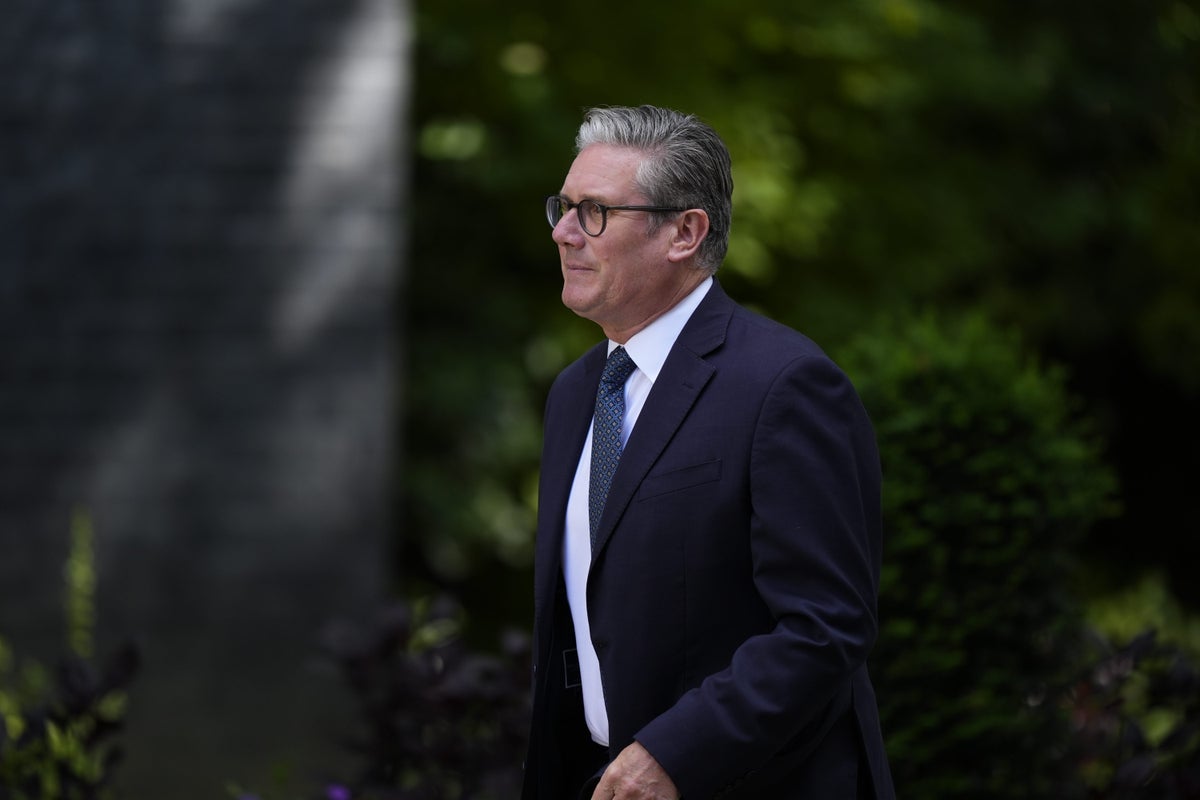Glenn Campbell Scotland News political editor
 PA Media
PA MediaFirst Minister John Swinney is to meet US President Donald Trump in the White House to discuss tariffs on Scotch whisky imports.
Swinney is lobbying for the current 10% rate to be reduced or removed on the basis that it would benefit both Scottish and US distillers.
The Scotch Whisky Association (SWA) has said that the tariffs cost the industry about £4m a week and that their US counterparts are worried about the impact on their sales of bourbon barrels to Scotland.
The first minister believes there is a window of opportunity for discussion following his meeting with Trump in Aberdeenshire in July, and before the president’s second state visit to the UK next week.
It is understood that Swinney’s lobbying efforts on this issue are supported by the UK government, which formally negotiates on trade policy with the US.
Swinney will be accompanied to his Oval Office meeting by the UK’s ambassador to the US, Lord Peter Mandelson, whose past friendship with convicted paedophile Jeffrey Epstein is in the media spotlight.
The first minister is also staying with Mandelson while he is in Washington DC.
Trump is expected to be accompanied to the meeting by the Secretary of State Marco Rubio.
It is possible that international issues including Gaza and Ukraine may also be discussed.
On trade, the UK government has secured a 10% tariff arrangement on most UK goods entering the US.
That is 5% lower than what is applied to goods entering the US market from countries in the European Union.
Prime Minister Sir Keir Starmer and his team are seeking to negotiate further concessions.
 The White House
The White HouseWhen Sir Keir appeared at the Trump Turnberry golf resort with the president in July, Trump said he did not realise whisky was an issue but agreed to discuss it.
After Swinney met the president at his golf resort in Aberdeenshire, the first minister said he had made the case for better trading terms for Scotch whisky.
In his return flight to Washington, Trump played down the extent of these discussions.
It will become clear whether or not there is any movement on the existing US-UK trade agreement during the state visit, from 17 to 19 September.
Earlier, the first minister’s spokesman refused to comment on whether Swinney was comfortable staying with Mandelson in light of the Epstein reports.
The spokesman also declined to comment on whether the first minister would raise the issue with Mandelson at a scheduled breakfast meeting.
The former Labour minister told the that he “has long been clear that he very much regrets ever having been introduced to Epstein”.
Swinney has already travelled to the US this year, visiting New York in April during the annual Tartan Week celebrations.
Trump has imposed the 10% tariff on whisky and most other UK goods earlier this year. The tax is paid by US importers, who often pass some or all of the extra cost on to their US customers.
The SWA, which is working with the equivalent trade body in the US, has said that about a fifth of all Scotch whisky is exported to the US.
The body said that market was worth £971m in 2024, with the tariffs would cost the industry about £200m a year.
Earlier, SWA director Graeme Littlejohn said the tariffs also harmed the US bourbon industry, which exports casks to Scotland for whisky maturation.
Mr Littlejohn said that over the duration of Trump’s second term in office, $1.2bn (£0.88bn) of old bourbon barrels were expected to Scottish distilleries.
He told Radio’s Good Morning Scotland: “We’re seeing less Scotch whisky going into the market and we’re seeing damage done to the industry.
“That means less trade to not only those cask manufacturers – those cooperages – but also to wholesale distribution and hospitality across the United States.
“Getting the tariffs back down to zero for Scotch whisky would obviously benefit Scotland and the industry directly, but it would also be a good thing for the US industry and for the US economy.”




.jpg?width=1200&height=800&crop=1200:800)